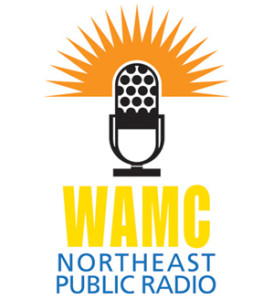David Courtwright featured on The Best of Our Knowledge
 As always, host Bob Barrett selects an Academic Minute to air during The Best of Our Knowledge.
As always, host Bob Barrett selects an Academic Minute to air during The Best of Our Knowledge.
Each week this program examines some of the issues unique to college campuses, looks at the latest research, and invites commentary from experts and administrators from all levels of education.
For this week‘s edition (#1377), Bob has selected David Courtwright’s segment on the opioid crisis. Dr. Courtwright, professor of history at the University of North Florida, discusses an earlier epidemic and what we can learn from it.

![]()
David Courtwright, Presidential Professor in the University of North Florida History Department, is best known for his histories of drug use and drug policy in American and world history. He devoted his first book, Dark Paradise, to exploring the changing pattern of narcotic addiction in nineteenth- and early twentieth-century America. Courtwright discovered that, although nonmedical addiction was the norm by 1940, when most “junkies” were men using heroin in big cities, the opposite had been true in the nineteenth century. Then narcotic addiction was mostly medical in origin and most addicts were ailing women. Often they had learned about drugs from physicians who prescribed morphine and other opiates, until they and their successors became more circumspect later in the century.
When Courtwright was doing his research, he thought he would never witness a comparable wave of medical opiate addiction in his lifetime. But such a wave did emerge in the late 1990s; by the 2010s rates of medical addiction were higher than what they had been in the 1870s and 1880s. Physicians and public health authorities called the new crisis the “opioid” addiction epidemic, in recognition of the key role that synthetic and semi-synthetic prescription opioid analgesics had played in igniting it. This time the poster drug for medical addiction was OxyContin, not morphine. Recently, the editors of the New England Journal of Medicine invited Courtwright to compare and draw lessons from the two great waves of addiction. He found reason for optimism—and concern that proven means of treatment were being neglected.



